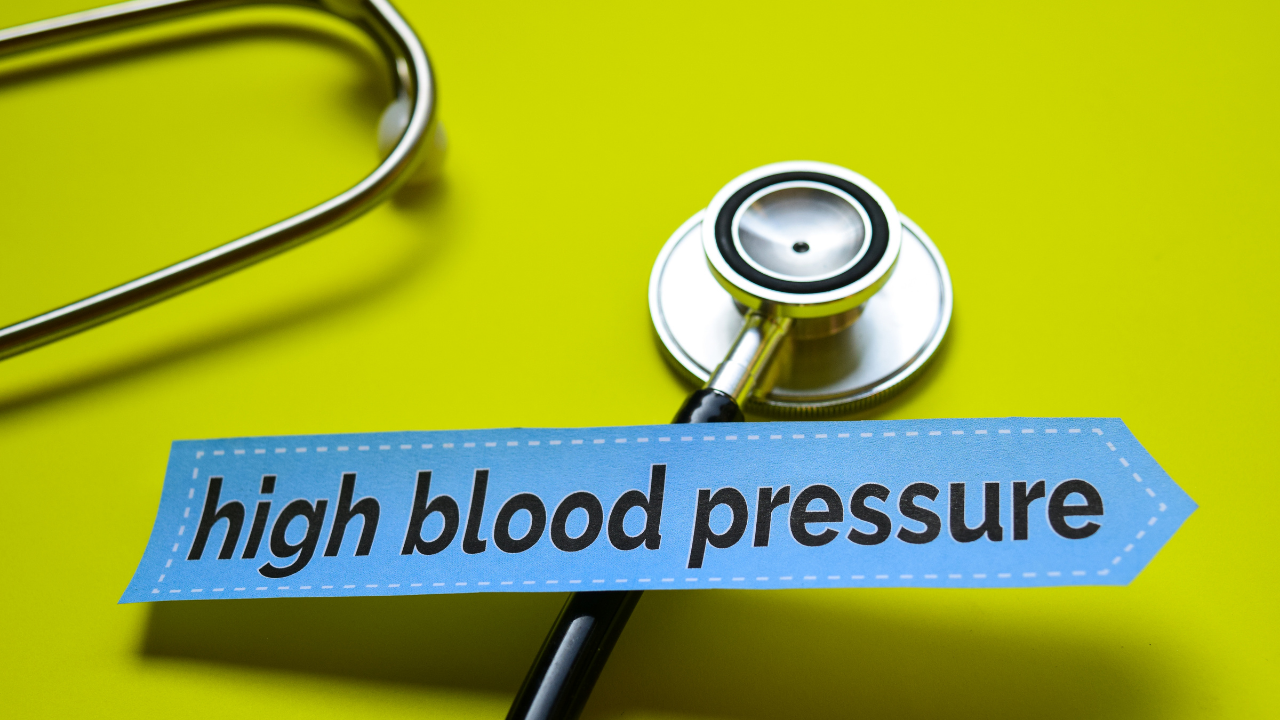
Increasing risk of hypertension in India
Hypertension, often referred to as high blood pressure, is a medical condition marked by abnormally high levels of blood pressure within the arteries. This condition is frequently asymptomatic and the "the silent killer," can significantly impact your heart and overall health. To effectively manage hypertension, it's crucial to comprehend its types, stages, and the strategies to keep it under control.
Normal Blood Pressure
In this stage, blood pressure readings typically fall below 120/80 mm Hg. There is no significant risk associated with normal blood pressure, and individuals are encouraged to maintain a healthy lifestyle to prevent hypertension.
Prehypertension
Dr. Bharat Kukreti, Director and Unit Head Cardiology, Paras Health Gurugram says, “This is an early warning stage, where blood pressure readings range from 120-139/80-89 mm Hg. While not yet classified as hypertension, it indicates an increased risk of developing high blood pressure. Lifestyle modifications such as dietary changes, regular exercise, and stress management are essential at this stage to prevent progression.”
Stage 1 Hypertension
In this stage, blood pressure readings fall between 140-159/90-99 mm Hg. It represents the onset of hypertension and may require medication alongside lifestyle changes to control blood pressure and reduce associated health risks.
Stage 2 Hypertension
This is the most severe stage, with blood pressure readings consistently exceeding 160/100 mm Hg. In such conditions, immediate medical intervention is necessary to lower blood pressure and prevent complications such as heart disease, stroke, and kidney problems.
Bad impact of high blood pressure
Hypertension poses a significant threat to your heart health. Prolonged high blood pressure can damage the arteries, making them less flexible and more prone to narrowing or clogging. This increases the risk of coronary artery disease, heart attacks, and heart failure. Additionally, hypertension can lead to an enlarged heart, a condition known as hypertrophy, which weakens the heart's pumping ability.
The takeaway
By adopting a healthy lifestyle, adhering to medications if necessary, and regularly monitoring your blood pressure, you can effectively control hypertension and reduce its impact on your heart.







